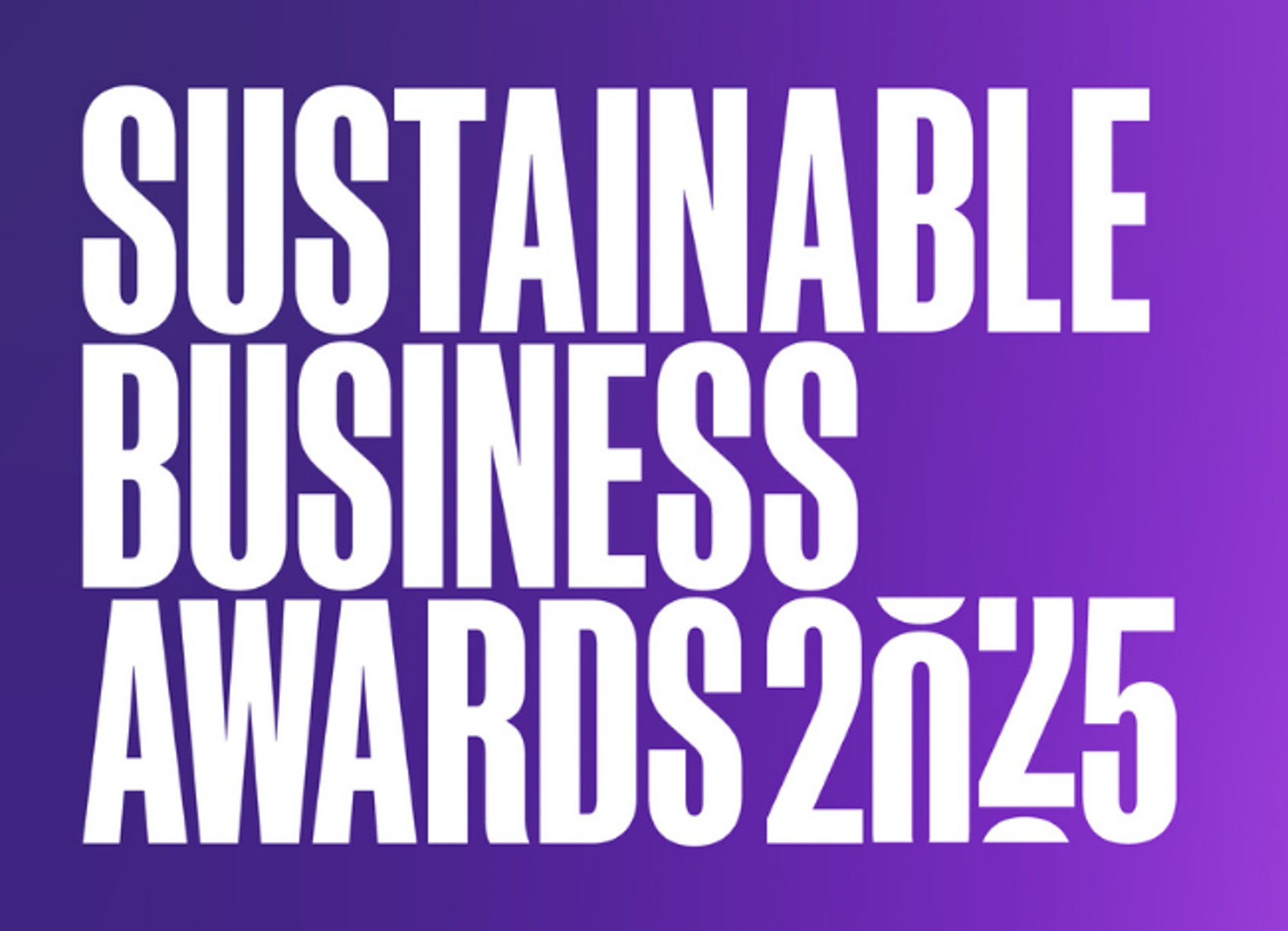Whoever your customer is – they probably care
A third of global consumers are looking for guilt-free products and services (Trendwatching.com) 55% of online customers globally will pay more for sustainability (Nielsen 2014) and Nielsen international sales data analysis shows:
- 2% sales increases with claims on packaging,
- 5% increase with green marketing programmes
- and just 1% sales increase with neither.
Customers feel the same locally too – Colmar Brunton ‘Better Business Better World‘ research, 2014. New Zealanders are also cynical about businesses and expect better from them, as this Otago Univeristy 2015 study shows. It tells us 76% of respondents were dissatisfied with the quality of information they are given on products to enable them to make sustainable choices. And it’s not just consumers, sustainable procurement is a Top 5 priority at more than 90% of the 3500 firms surveyed, internationally by HEC-EcoVadis. You can read more about the demand for sustainability here or get tips on making your sustainability story sing, so customers want to listen, below.
What makes a story ‘sing’?
- Know your goals and your target audience
- Make your messages relevant, easy and engaging
- Use multi-media and emotional language
“House, home, child, chair, bread, milk, sea, sky, earth, field, grass, road … words that are in our bones, words that resonate with the oldest truths.”
William Zinsser, writing professor at Yale.
How to stay in tune and avoid greenwash
Greenwash is environmental or social claims that mislead, distract or exaggerate. In New Zealand this can be from images as well as text. It could break the law and 94% of NZers “get annoyed when products try to pass themselves off as greener than they really are.” (Colmar Brunton, 2012) To stay in tune with the public and the law:
- Be authentic – work to address the core harm you cause
- Be transparent – confess where you are on the journey
- Be credible – use facts and third parties to profess your virtue
Check your claims comply with the ASA code and the Fair Trading Act including 2014’s update which requires you to have evidence of what you claim before you promote it. You can read more about our green marketing experience or talk to us about expert help. You can also learn more about sustainable marketing by studying online with SustMarketing.com.
















